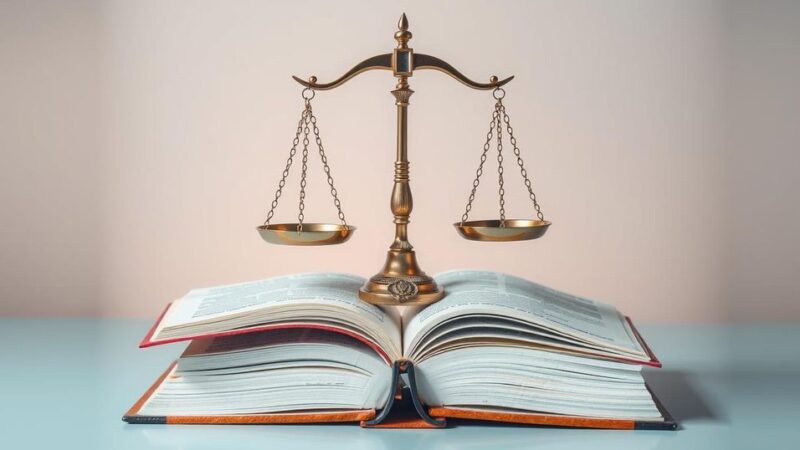This article discusses the actions of state election officials who are resolved to uphold the integrity of the electoral process despite potential pressures from political entities, particularly in light of Donald Trump’s past attempts to overturn electoral results in Georgia. Officials across key swing states have reiterated their commitment to certify election outcomes, negating previous claims of electoral malfeasance. The evolving political and legal landscape signals heightened resilience against electoral manipulation in upcoming elections.
In the aftermath of Donald Trump’s narrow loss in Georgia during the 2020 presidential election, he sought assistance from state officials to challenge the results. He specifically requested Secretary of State Brad Raffensperger to locate 11,780 votes, which Raffensperger declined. Governor Brian Kemp also rebuffed Trump’s requests for an audit and a legislative intervention. As the upcoming electoral cycle approaches, Trump has insinuated potential electoral malfeasance by Democrats, suggesting he may contest the election’s outcome again if he does not win. However, officials across various states appear resolute in upholding electoral integrity and are unlikely to yield to any pressure to alter results. Many current and former Republican officials, including governors and secretaries of state in key battleground states like New Hampshire, Vermont, Virginia, Pennsylvania, and Georgia, have publicly committed to certifying election results, irrespective of the victor. These commitments underscore a broader trend: bipartisan agreement on respecting election outcomes has hardened since the tumultuous events of 2020. Significantly, the U.S. election governance structure is designed to resist undue influence. Governors are mandated by federal laws to produce certificates of ascertainment, which initiate the formal process of Electoral College voting. These officials, especially secretaries of state, play a critical role in ensuring that election results reflect the actual votes cast, as they compile and certify local election results before they are submitted to Congress. Recent statements from prominent election officials, regardless of party affiliation, reveal a firm commitment to their duties, with many asserting they will not bend to political pressure. The current political environment, combined with enhanced public awareness and support for electoral integrity, suggests that attempts to manipulate election outcomes, as seen in previous cycles, are less likely to succeed in the 2024 election.
The background of this discourse centers on the critical role that state officials play in the certification of election results, particularly in light of the past electoral disputes and the actions taken by Donald Trump after losing the 2020 presidential election. The episode in Georgia serves as a pivotal reference point in understanding the dynamics at play in state election administration. As political tensions rise ahead of upcoming elections, state governors and election officials find themselves under scrutiny as they navigate the challenges posed by political advocates attempting to influence the outcomes of elections.
The forthcoming elections present a complex landscape where state officials are under increasing pressure yet seem firmly grounded in their commitment to uphold electoral integrity. The refusal of many governors and secretaries of state to entertain requests for altering election outcomes signals a robust defense against potential manipulation, fostering confidence in the electoral process ahead of the election day. Ultimately, the stronger institutional frameworks and the prevailing political commitment to accountability may thwart any efforts to undermine the democratic process. As the 2024 election approaches, both voters and officials alike recognize the fundamental importance of safeguarding election integrity, thereby reinforcing the principle that every vote must count as cast.
Original Source: www.usatoday.com






